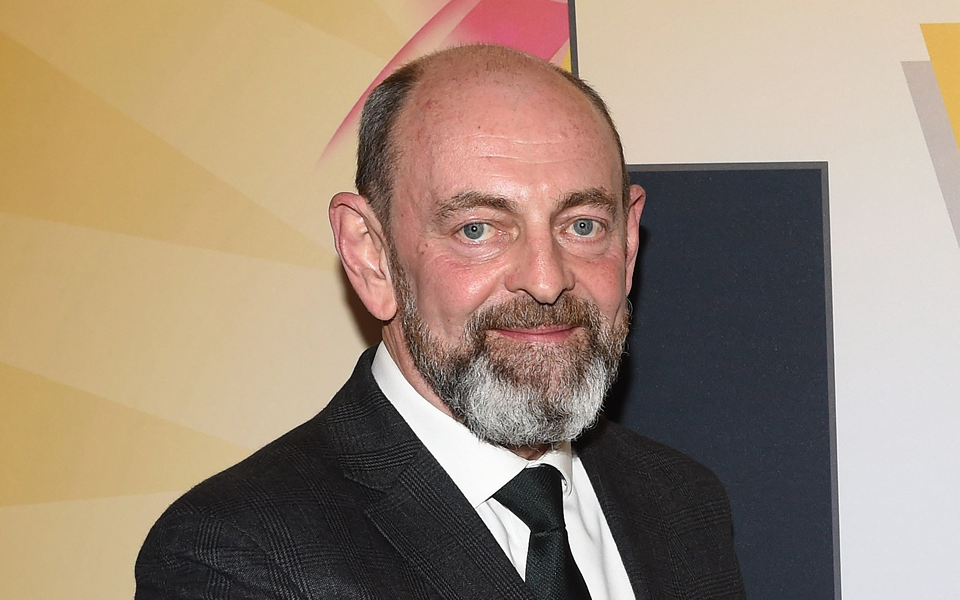
Published Thursday 23 December 2021 at 10:34
Dominic Harrison: Director of Public Health and Wellbeing; Blackburn with Darwen
I think that England will inevitably have to follow Wales, Scotland, the Netherlands, Portugal, Finland, Germany and many other European countries and bring in further control measures to contain the spread of Omicron shortly after Christmas.
The precise measures are yet to be confirmed, but we could see measures similar to Level 2 of the lockdown control measures we saw gradually lifted throughout 2021. Most countries are proposing that these measures continue until at least week three of January, at which point the hospitalisation and mortality risks arising from Omicron should be clearer.
If we want to assess what is likely to happen with the spread of Omicron in Lancashire over the next few weeks, the best approach now is to watch what is happening in Denmark and London. Denmark is the only European country with a comparable population ahead of us in Omicron spread, and London is the epicentre of this current variant wave in the UK, and is maybe 5 to 10 days ahead of Lancashire.
Reports last week from Denmark showed a very rapidly rising wave of Omicron infection and a 0.8% hospitalisation rate (it was about 1.7% for the Delta variant in the UK). We have no good data yet from Denmark, or the UK, from which to estimate the mortality risk but we anticipate that it will be lower than for previous variants – in particular because Omicron is now more likely to mostly hospitalise younger people (under 50s) due to the lower level of booster level vaccine protection in that group as the wave hits.
London on Tuesday was showing an incredible surge of infections, with almost half of all London boroughs seeing Covid cases more than double in a week. At least six local authority areas saw cases rise by more than 150% in the week ending December 14th, and there is no sign yet of any peak. The hospitalisation rate will normally rise three to five weeks after any surge in Covid cases and hospitalisation rates are starting to rise across London. There were 201 Covid patients admitted to London hospitals on December 15th compared to 132 on the same day the previous week.
The North West is the fastest rising region outside London, with Greater Manchester and Cheshire and Mersey ahead of Cumbria and Lancashire in rising case rates. This was probably inevitable as the wave is moving up from the south. Lancashire is seeing a rapidly rising Omicron wave on top of a slightly declining Delta wave. It seems for now at least, many school-aged children mostly have Delta, and adults of working age are more likely to be infected with the Omicron variant.
On Tuesday, Blackburn with Darwen was still at a relatively low Covid case rate compared to either the England average (803 per 100,000) or the North West average (617 per 100,000). The borough was 39th lowest out of about 190 upper tier local authorities in England, with a rate of 457 per 100,000. However with over 60% of cases being Omicron and with the North West case rate doubling at a rate of 1.8 days, it may only take a week or two for up to 20% of the population to be infected with Omicron. We also need to remember that diagnosed, PCR confirmed, and reported case rates are always at least seven days behind the actual true infection rates. A doubling rate of 1.8 days creates a big difference between the ‘real’ and reported rate of infection currently circulating.
The main advice for now is take the usual infection control measures – face coverings, social distancing, good hand hygiene etc – get jabbed and boosted as soon as possible, manage down your social contacts to reduce your risks of having to self-isolate over the Christmas break, and for Christmas family gatherings, please ask everyone to test with a lateral flow before you meet.
Most important of all, look out for friends and neighbours, and despite everything, do enjoy the Christmas break with your loved ones.
